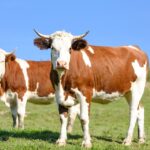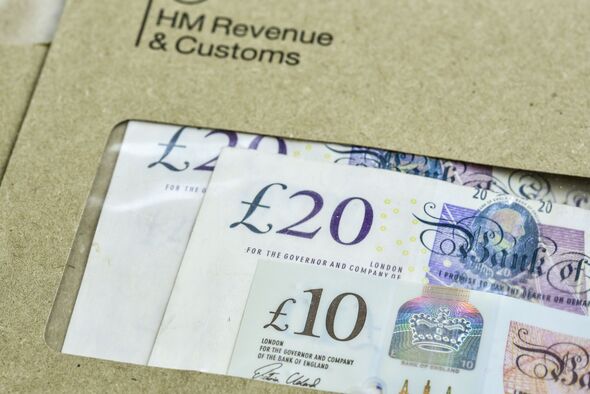HM Revenue and Customs (HMRC) has issued an urgent advisory to individuals in the United Kingdom earning at least £1,000 from side hustles. This message is particularly aimed at those who generate additional income through activities such as property rentals, online content creation, or selling goods. The government agency emphasizes the necessity for these individuals to register for Self Assessment and file a tax return if their earnings surpass the £1,000 threshold.
The UK tax system allows a tax-free trading allowance of £1,000 for income outside primary employment. However, exceeding this limit requires taxpayers to inform HMRC. The government is urging people to verify their need to register for Self Assessment and, if applicable, to file their tax returns promptly. While the deadline for submitting a Self Assessment tax return for the 2024 to 2025 tax year is January 31, 2026, HMRC advises early filing to avoid the last-minute rush.
Understanding the Tax Obligations
According to HMRC, individuals earning extra income through various side hustles should assess their tax obligations. This includes those involved in online selling, content creation, dog walking, property rental, and even income from cryptoassets. The £1,000 threshold is a critical marker; surpassing it necessitates registration for Self Assessment and the completion of a tax return.
“Anyone earning extra income through a side hustle is being urged to check if they need to register for Self Assessment – and if so, file their tax return now,” stated HMRC.
Failure to submit tax returns on time can result in a penalty fee of £100 for delays up to three months, with further increases for extended delays or late payments. Interest is also charged on late payments, underscoring the importance of timely filing.
Preparing for Digital Taxation
Early preparation is especially crucial for sole traders or landlords with qualifying income over £50,000. Starting April 2026, these individuals will need to comply with Making Tax Digital for Income Tax, which mandates digital record-keeping and quarterly updates using compatible software. This shift represents a significant change in tax reporting requirements, highlighting the importance of understanding new obligations well in advance.
Expert Insights
Myrtle Lloyd, HMRC’s Director General for Customer Services, emphasized the importance of understanding tax obligations. “Whether you are selling handmade crafts online, creating digital content, or renting out property, understanding your tax obligations is essential. If you earn more than £1,000 from these activities, you may need to complete a Self Assessment tax return,” she explained.
“Filing early puts you in control – you will know exactly what you owe, can plan your payments, and avoid the stress of the January rush. You don’t need to pay immediately when you file – you have until January 31 to settle your tax bill,” Lloyd added.
Looking Ahead
The announcement from HMRC comes as part of a broader effort to streamline tax processes and ensure compliance among those with diverse income streams. The move towards digital taxation reflects a global trend towards leveraging technology to improve tax administration efficiency.
As the deadline approaches, individuals engaged in side hustles are encouraged to review their earnings and take necessary steps to comply with tax regulations. Early action not only mitigates the risk of penalties but also provides greater financial clarity and planning capability.
For many, the transition to Making Tax Digital will require adjustments in how financial records are maintained and reported. As such, staying informed and prepared is essential to navigating these changes effectively.
With the January 2026 deadline still months away, HMRC’s message is clear: proactive tax management is key to avoiding the pitfalls of last-minute filing and ensuring a smooth transition to new digital requirements.
 Rare Galaxy Strawberry Chocolate Bar Spotted for 99p in UK Shops
Rare Galaxy Strawberry Chocolate Bar Spotted for 99p in UK Shops Marmite Peanut Butter Returns to Shelves After Discontinuation
Marmite Peanut Butter Returns to Shelves After Discontinuation Cattle Markets React as U.S. Reopens Border with Mexico
Cattle Markets React as U.S. Reopens Border with Mexico Court Rejects Johnson & Johnson’s 340B Drug Discount Rebate Plan
Court Rejects Johnson & Johnson’s 340B Drug Discount Rebate Plan Max McBrayer Appointed CEO of NATSO, Leading the Future of Truck Stops
Max McBrayer Appointed CEO of NATSO, Leading the Future of Truck Stops